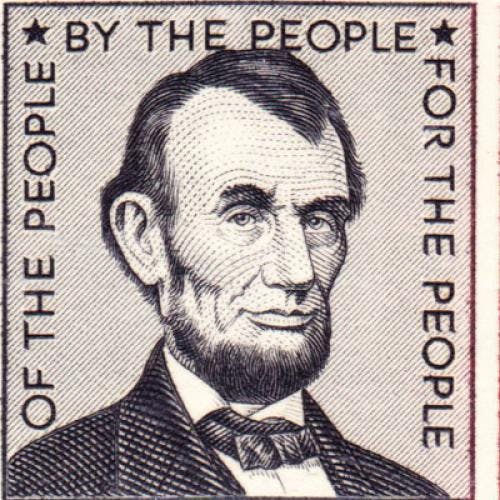
More than one clue must be unravelled to reach an understanding of Abraham Lincoln. Among them there surely must be reckoned his capacity for companionship. None more catholic in his selections ever lived. All men were his fellows. He went unerringly and unconsciously for the most part, to the meeting place that awaited him in each man's nature. There might be a wall, often there was; but he knew, no one better, that there is always a secret door in human walls. Sooner or later he discovered it, put his finger on its spring, passed through and settled into the place behind that was his.
His life was rich in companionships with unlikely people, often people who began by contempt or semi-contempt of him. There was the town bully of his youth, whom he soundly thrashed for trying a foul in a wrestling match, and who rose from the dust to proclaim Lincoln the best man who ever broke into camp; thirty years later there was his
He had many pass-keys—wrath, magnanimity, shrewdness, patience, clarity of judgment, humor, resolve; and in the end, one or the other or all together opened every closed door, and he sat down at home with men of the most divergent views and experience: the bully, the scholar, the cunning, the pious, the ambitious, the selfish, the great, the weak, the boy, the man.
Particularly was
These men, unconsciously for the most part, resisted the social veneering that, beginning in
There were many of them in the towns—
If Mr. Lincoln's fellowship with these men was based on his love of sheer human nature, he found in them, too, something very precious to him, and that was a humor that answered his own. The spring from which his humor flowed was strong with native salts and so was theirs. It was naked but clean, devoid of evil insinuation. It was always out-with-it—strong, pungent words; strong, pungent facts. The humor was not in words or facts, it was in what they pointed—the illumination they gave of life and men.
The youthfulness of their spirit endeared them to him. They were usually some fifteen or twenty years his junior; but in feeling the difference was greater.
His own children stirred the deepest passion his unsatisfied heart ever knew. Tad, whose stuttering tongue and restless, valiant spirit brought out all Mr. Lincoln's tenderness, sat beside him every free evening, going over the pictures and text of the shoals of books which publishers send to a President; he helping the boy's stumbling tongue to frame his comments—a perfection of fellowship between them. When the nights were not free—
One can never be too thankful that he had John Hay, then a youth in his early twenties—and such a youth! The joy and fun and understanding between them as it crops out in Hay's letters is a streak of pure sunshine across the almost suddenly tragic life of the White House in the Civil War.
This capacity for companionship which so linked men of all types to Lincoln in his lifetime and so held them to him in death is one clue to his final success in bringing out of the struggle over slavery in this country certain solid and definite results—results that have enlarged the boundaries of human freedom and given a convincing demonstration
of the need and the preciousness of more and more unionism if we are to secure our final better world. He could not have done what he did had he been less understanding of men and their limitations as well as of their powers, less experienced in passing behind human walls, finding what was there and using it, not asking lf a man what he could not give, not forcing on him what he could not receive.
Who can estimate what it was to the nation to have as a leader through the Civil War a man “born with a pass-key to hearts”?